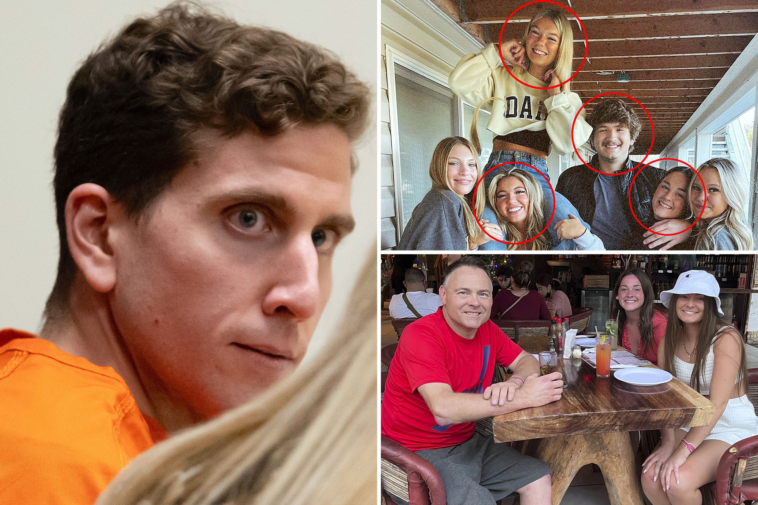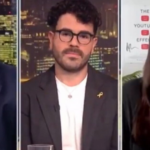When Bryan Kohberger pleads guilty to murdering four college students today, he wins control of the narrative and has the last laugh, a murder case expert tells The Post.
With a trial averted and the death penalty taken off the table through a plea deal, Kohberger, 30, will go to prison as the only person with firsthand knowledge of what he did in the bedrooms of 1122 King Road in Moscow, Idaho, on November 13, 2022, and why.
“With no trial, he gets to keep certain secrets. The air of mystery and in some ways that gives him the upper hand,” Jeff Guinn, author of crime books including “The Life and Times of Charles Manson” and “Waco,” told The Post Tuesday.
Indeed, Guinn notes that the lack of a trial means the victims’ families and the general public may never hear evidence of what motivated Kohberger to murder four University of Idaho students, which of them — if any — were the intended target or if he had ever met them.
“If he decides he wants to make a public statement, he’s taking control through this deal because he’s still living, breathing and talking. As long he can talk, he’s got some control,” Guinn said.
However, the trauma of the despicable slaughter will continue to burden the grieving families of his victims: Madison Mogen, 21, Kaylee Goncalves, 21, Xana Kernoodle, 20, and Ethan Chapin, 20.
Furious family members of the murdered students have already said they will fight the plea deal offered by prosecutors, which would put Kohberger behind bars for life without the possibility of appeal or parole.
“Idaho has failed. They failed me. They failed my whole family,” Steve Goncalves, father of Kaylee, told NBC’s “Today” show.
Kohberger, who was a criminology student at Washington State University, just a few miles from Moscow but over the state line, was arrested in December 2022. He was slated to go to trial in August after a protracted legal back-and-forth delayed proceedings.
Now, Guinn says, it’s most likely that the majority of evidence amassed by prosecutors about Kohberger’s crimes will remain sealed.
Guinn noted Kohberger’s life in prison could play out much like notorious career criminal Charles Manson, who died behind bars in 2017.
Manson was handed the death penalty for murders carried out by his cult in 1971 in California, but the sentence was commuted to life in prison in 1972 when the state briefly abolished the death penalty.
“[Charles] Manson set the paradigm for how much notoriety you can get, for how much you can live off your bloody exploits by getting that life imprisonment. Periodically he would say or do something crazy and get his name back in the news,” Guinn told The Post.
“In [Kohberger’s] case, if you commit this kind of crime, you tend to think of yourself as sort of a God-like figure anyway. The plea gives him a further chance to exist in a way that will get more attention, and make him seem [to himself] more superhuman … I doubt he’s taking this plea to quietly disappear into the penal system.
“The secondary thing is I’m surprised the prosecution would do this if they felt they had a slam-dunk case.”
Although Idaho has the death penalty, its last execution was in 2012.
An attempt to execute prisoner Thomas Creech in February 2024 was aborted after an hour after the team could not establish a reliable IV line into his body.



